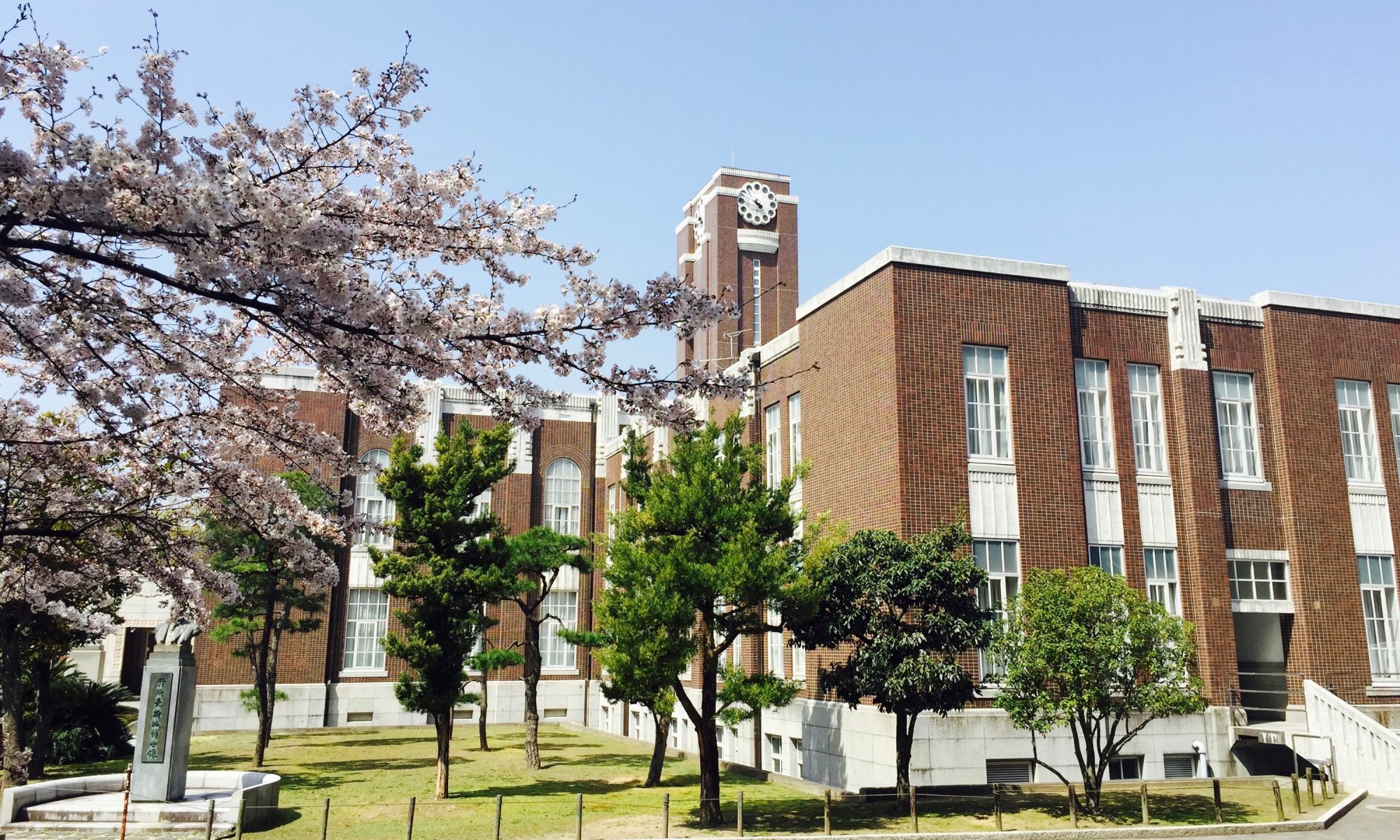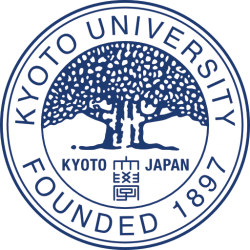Teacher: Kjell ERICSON
Course Code: JK10001
Although national borders typically structure academic research, historical change extends beyond individual nation-states.
In many cases, topics such as imperialism, migration, travel, scientific and technological change, capital flows, artistic movements, and language cannot be grasped without examining supra-national and subnational scales.
This course allows students to examine the methods, assumptions, and findings of recent historical work that can be variously (and perhaps simultaneously) be classified as “global,” “transnational,” and “transcultural.”
A key focus of the seminar is to engage deeply with book-length monographs that cover a wide range of case studies and approaches. Students will evaluate and discuss research that makes use of multi-location, multilingual historical archives, field sites, and interview subjects. Along the way, they will have the opportunity to plan global, transnational, and/or transcultural historical projects of their own.
Course Information
Module: Focus 1 – Foundations
CATS Requirements: MA 1st year or above.
Link to course material on PandA.
Day/Period: Fri/1
Location: 11演/Sem. 11
Credits: 2
Course Goals
・To understand recent trends in English-language global, transnational, and transcultural historical research
・To develop research questions that address border-crossing historical problems
・To work with historical archival sources on campus and through online sources
・To enable students to sharpen their skills in critical analysis through structured reading, discussion, written assignments and a small scale research project
Course Schedule and Evaluation
For a detailed course schedule, please visit KULASIS or the PandA platform (the enrollment key is provided in KULASIS and also during the first week of class).
Attendance, participation, and presentations in class (30%)
Short weekly reading responses (25%)
Midterm essay on course readings (15%)
Final paper (30%)
To JDTS/MATS students: This is course can be taken as either reduced (4 ECTS) or full seminar (8 ECTS). Please indicate your ECTS requirement to the teacher.


